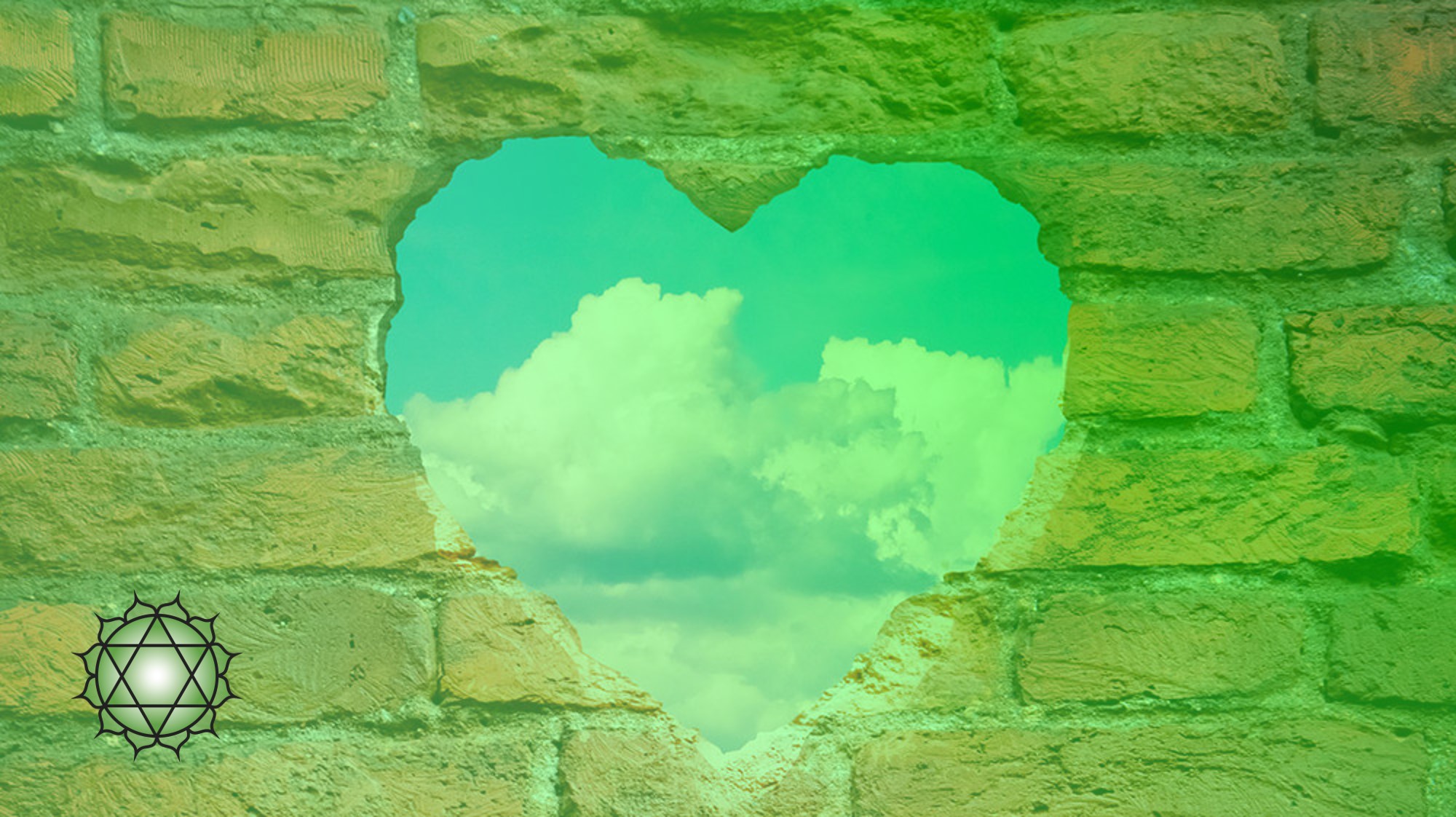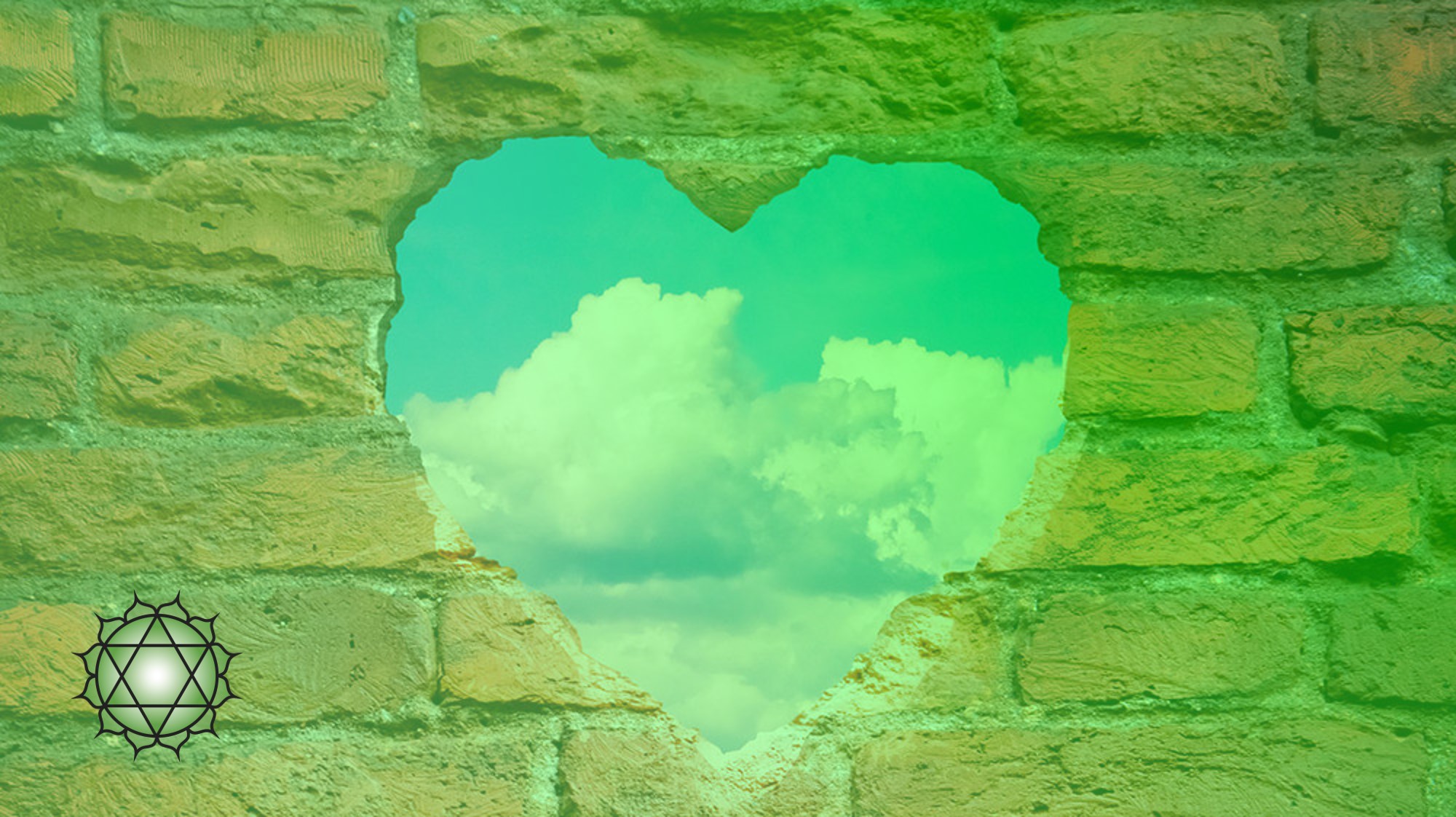I’ve been reflecting a lot lately on the state of our union. It feels like the “United” Kingdom and the “United” States of America are anything but “united” at the moment. In the last 4 years, pretty much every democratic event has been polarised: the 2016 US election, in which Trump won by a tiny margin (and lost the popular vote); Brexit, and the subsequent UK general election, both of which came down to only a few votes and the latter of which resulted in a hasty coalition; Coronavirus, which people are either taking very seriously or not at all, and which each different country in the UK – actually, the world – is enforcing different restrictions; and just last week, I sat glued to the news as even 72 hours after the polls had closed, there was still no clear winner in this years US general election – the margin was THAT close.
Observing social media, mainstream media, non-mainstream media, even my family, colleagues and friends, what I see is anything BUT unity. I see division. Almost equal division.
I’ve been seeing it now for over 4 years.
I can’t help but wonder – what is this doing to our society and our community? An increase in division and a lack of unity dramatically increases the chances of one thing: conflict. Division is how civil wars start. Division is how relationships break down. Division is what triggers a capitalist mentality and a survival instinct. Division brings resistance and indignation. Division creates walls.

Could we re-frame that division and create something else?
- Could division breed tolerance?
- Could division provoke questioning and exploration?
- Could division open minds?
When does division become diversity?
The answer is simple: when there is acceptance.
Acceptance is a key component of empathy. Demonstrating a willingness to accept that others have a different opinion or viewpoint, without the need to challenge it or feel our own opinion threatened or attacked is the very essence of empathy.
The willingness to co-exist.
In many ways, we’ve made great progress in shifting “division” to “diversity”. Race, religion, gender identity, sexual orientation, differing abilities, both physical and mental, have all been “dividers” that we are slowly but surely breaking down, and we’re doing that through demonstrating a greater willingness to understand and accept those differences. These things no longer divide us, as we have begun to accept and value diversity. But as we begin to judge those differences less and accept them more, we seem to have shifted our focus now to differences of thought and opinion.
And where there was once skin colour that divided us, there is now politics, behaviour, interpretation and experience that creates the wedge.
So what do you do when a work colleague experiences the same situation completely different to you? What do you do when a family member has a completely opposing view on a critical matter? What happens to a friendship when someone you once had so much in common with suddenly seems so very different?
Without empathy, conflict ensues.
Empathy is the antidote to conflict, because the two cannot co-exist. Where there is empathy, anything polarised can co-exist. Where there is conflict, nothing polarised can.
The only thing that can unite us now is acceptance. Accepting that we think differently. Accepting that different things are important to different people. Being ok with different opinions. Letting go of the need to judge others or change their minds. Eschewing “wrong” in favour of “different”. Accepting democracy as the fairest way to be. And trusting that we all want the same thing: to be safe and to be happy. And unified, we will all be safe and we will all be happy.
We have NEVER needed empathy more.


